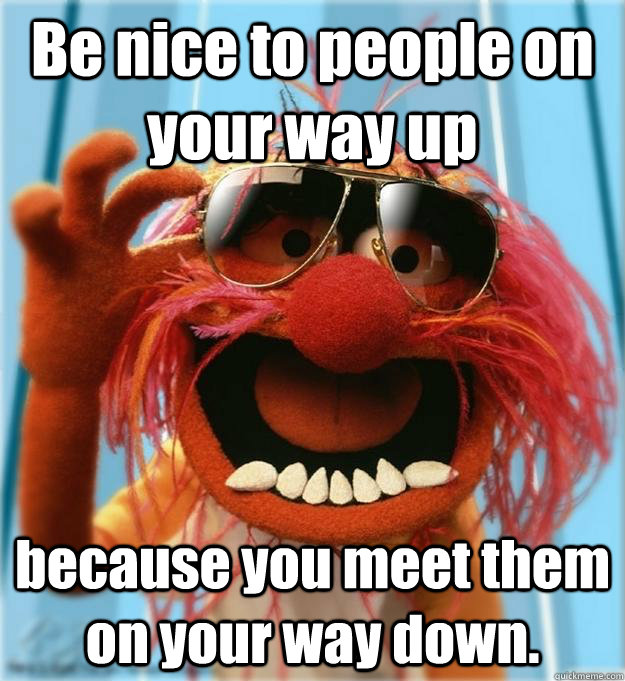Article by Dr. Mark Ritzen

Meeting other people is a very common, and for our mental health important part of our daily life; Meeting others can ensure us to be part of a group, which gives us the feeling of being accepted, protected, integrated. Furthermore, meeting others can help us fulfill some of the intentions or plans we have in life; Here, a meeting gives us the feeling of opportunity. Last but not least, a meeting can help us to develop ourselves in all possible ways : by meeting people we learn about the existence of other values, lifestyles, ideas, convictions, intentions, etc. and might enrich ourselves with this. By learning about other ideas, intentions, believes , we can reflect more profoundly about ourselves, put things in perspective and place ourselves better in the complex and fascinating heterogecity of being human.
The other person we meet presents us a rich diversity of individual characteristics that are the result of his genes (nature), as well as his education and life experiences (nurture).
Some examples of the many characteristics that define a person are his sex, weight, size, personality, temperament, interests, know-how, intentions, social intelligence, strengths, weaknesses, desires and worries, and of course we can define many many more.
When two persons meet, two different worlds of individual characteristics are voluntarily or involuntarily confronted with each-other ; this can be a very enriching, never-ending process of dialoging/ experiencing/ discovering. It can also be a challenge to adapt oneself to avoid greater discomfort.
Fortunately, during most of our meetings we are rather pragmatic ; during a meeting, we reduce the complexity of the other to those dimensions that are important to us in the given specific situation. That might for example be a specific know-how (for example if we consult a lawyer), or a shared interest/ habit (like religion, to reassure us being part of a group).
Knowing all this, we can imagine that meeting others is a very complex event for the brain that is accompanied by differentiated and precise perceptions, priorisations, interpretations, curiosity, expectations, hopes, fears, desires : We try to estimate/ inventorying the other’s individual characteristics, especially those, that are important to us in a given situation; In the meantime we have to reflect about/ look at/ eventually re-define our own characteristics ; furthermore, we have have to estimate the chance to reach our goals with the available/ detected ressources in ourself and in the person we meet. Finally we have to develop or adapt a strategy to reach (if defined already) our goals.
Meeting others is necessary for our mental health ; on the other hand it is a very complex challenge for the brain. Therefor, If the brain is affected by a a psychiatric illness it might have difficulties to manage all the necessary processes in order to have a « good meeting »; as a result, many psychiatric patients don’t feel at ease with other people and tend to isolate themselves, to draw themselves back from society. Meeting others is so important to experience happiness ; Without it, how can we feel ourselves accepted, wanted and integrated ?
Exactly here I think that society (that means everyone) can really help people, suffering from psychiatric problems. By being sensitive, tolerant, inviting and supportive, especially to those who have a risk to loose connection to society ; By doing this, society has an opportunity enrich itself, by rediscovering other values than competition, power and wealth-related successfulness, by reactivating ressources as patience, observation, fascination, compassion, heterogenicity and flexibility.

Dr. Mark Ritzen – Psychiatrist in Luxembourg.
Visit his Medihoo profile HERE
Do you also want to write an article on our Blog. Contact us at info@medihoo.com